2 Palestinian prisoners on hunger strike in Israeli jails go through serious conditions
The health condition of two Palestinian prisoners in Israeli jails is critical after months of hunger strike in protest against the Tel Aviv regime’s administrative detention.
Khalil Awawdeh, 40, from the occupied West Bank city of al-Khalil, has been on hunger strike for 102 days, Palestine’s official Wafa news agency reported on Sunday.
He is reported to be suffering from headaches, fatigue, blurry vision, joint pain, irregular heartbeat, frequent vomiting and significant loss of weight.
The Palestinian Prisoners’ Club says Awawda was transferred from Ramle prison to an Israeli hospital after his health deteriorated this week.
Qaddoura Fares, the Club’s head, recently said the Israel Prison Service (IPS) would move Palestinian prisoners to hospitals on their 50th day of hunger strike, but in the case of Awawda, the IPS refused to do so and told him he would only be hospitalized if he fell into a coma.
Awawda, a father of four daughters, has been arrested five times since 2005 for political activism, and has been placed in administrative detention three times.
The other prisoner, Ra’ed Rayyan, 27, from the Beit Duqqu village, northwest of al-Quds, has been on hunger strike for 67 days. He is also said to be suffering from serious health complications.
Palestinian activists say Israel “is practicing slow killing” of Palestinian prisoners through “medical negligence.”
There are thousands of Palestinians held in Israeli jails. Human rights organizations say Israel violates all the rights and freedoms granted to prisoners by the Geneva Convention.
Palestinians and human rights groups say administrative detention violates the right to due process since evidence is withheld from prisoners while they are held for lengthy periods without being charged, tried or convicted.
Palestinian detainees have continuously resorted to open-ended hunger strikes in an attempt to express outrage at detentions.
Israeli jail authorities keep Palestinian prisoners under deplorable conditions lacking proper hygienic standards.
Palestinian inmates have also been subject to systematic torture, harassment, and repression.

Hamas: Ibrahimi Mosque massacre testament to Israel’s criminal policy
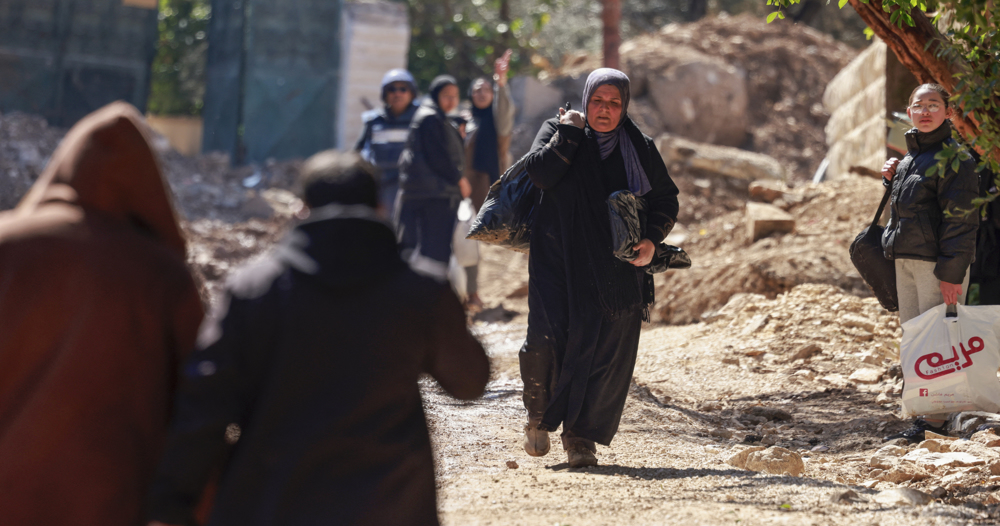
West Bank Palestinians fear Gaza style destruction as Israel escalates raids
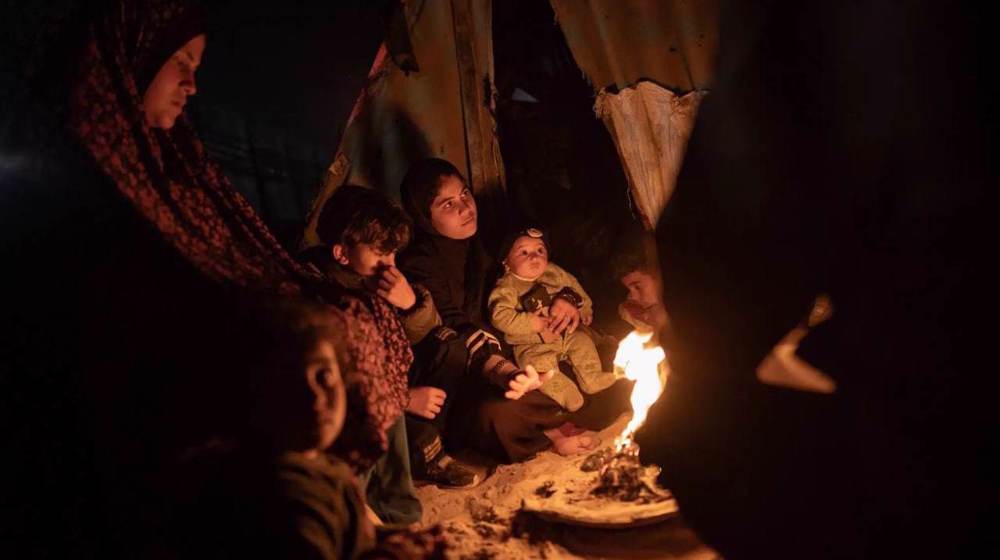
Six Gaza children, including newborn girl, die of cold weather as Israel blocks aid
'Shocking attack on free expression': Canadian politician slams arrest of pro-Palestine activist
West Bank Palestinians fear Gaza style destruction as Israel escalates raids
Hamas: Ibrahimi Mosque massacre testament to Israel’s criminal policy
Trump eyes Ukrainian rare earth minerals in exchange for military support to Kiev
Six Gaza children, including newborn girl, die of cold weather as Israel blocks aid
Iran rules out nuclear talks with US amid ‘maximum pressure’ campaign
Israeli tanks roll into West Bank first time in 20 years as prelude to forcible annexation
VIDEO | Trump wants Ukraine's mineral wealth


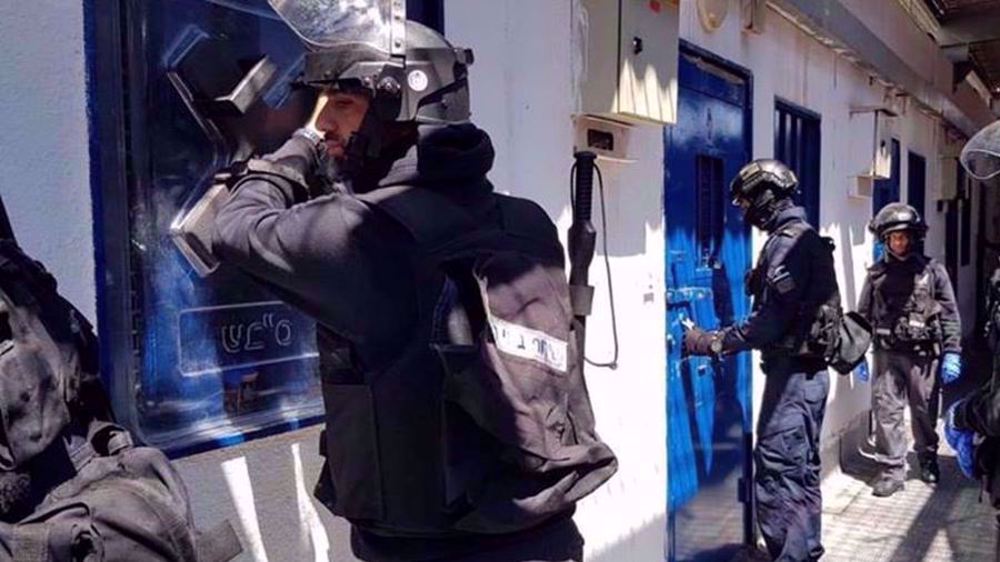
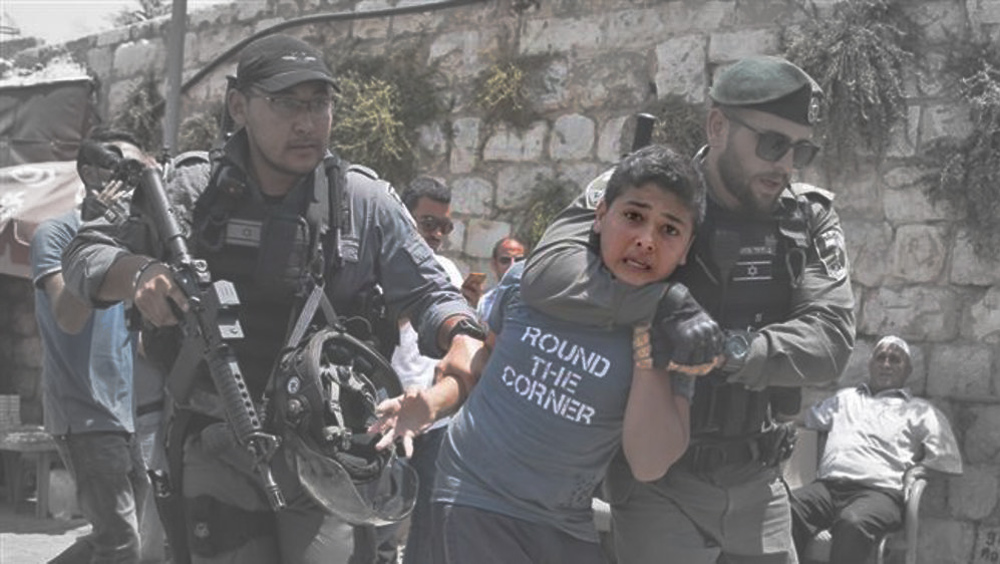



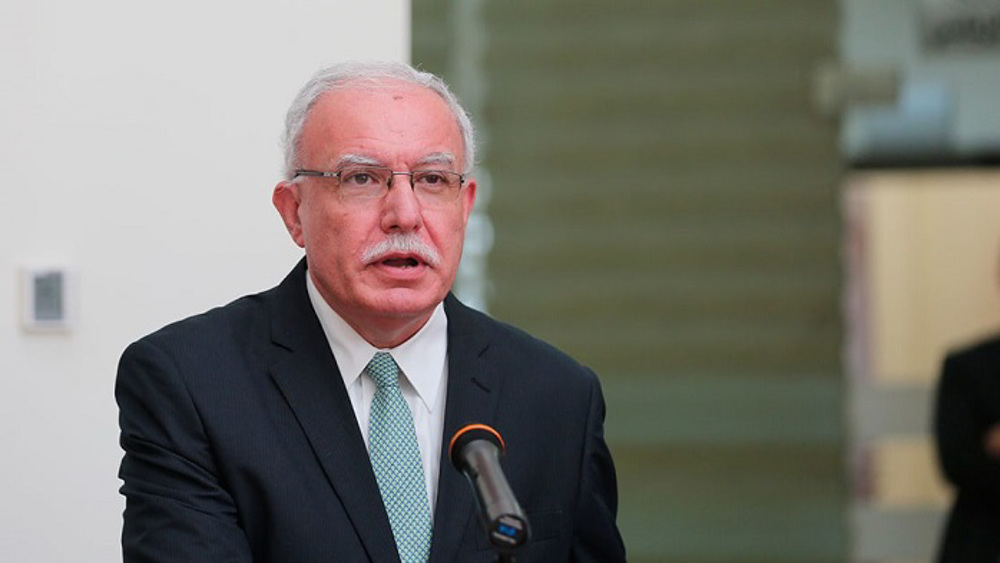



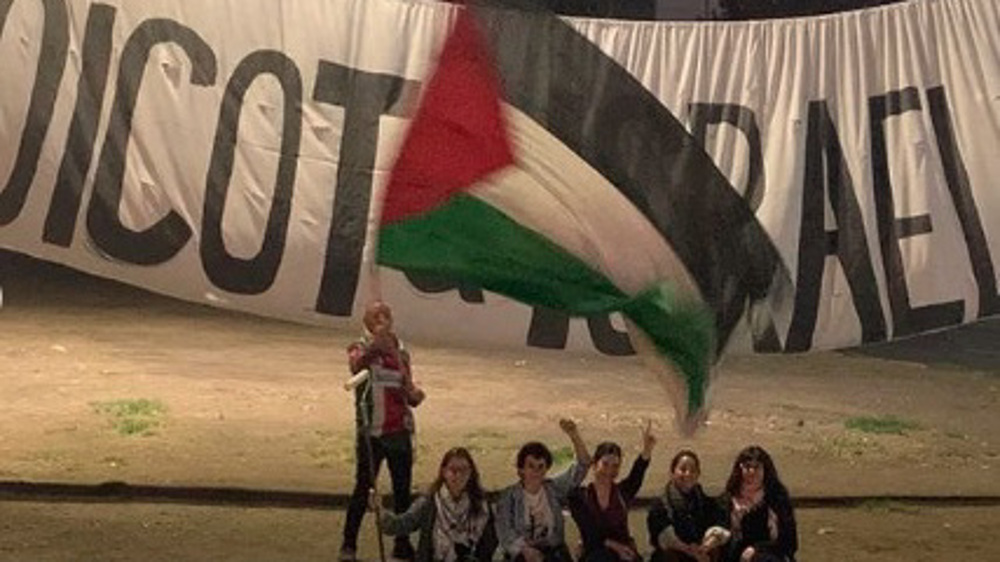

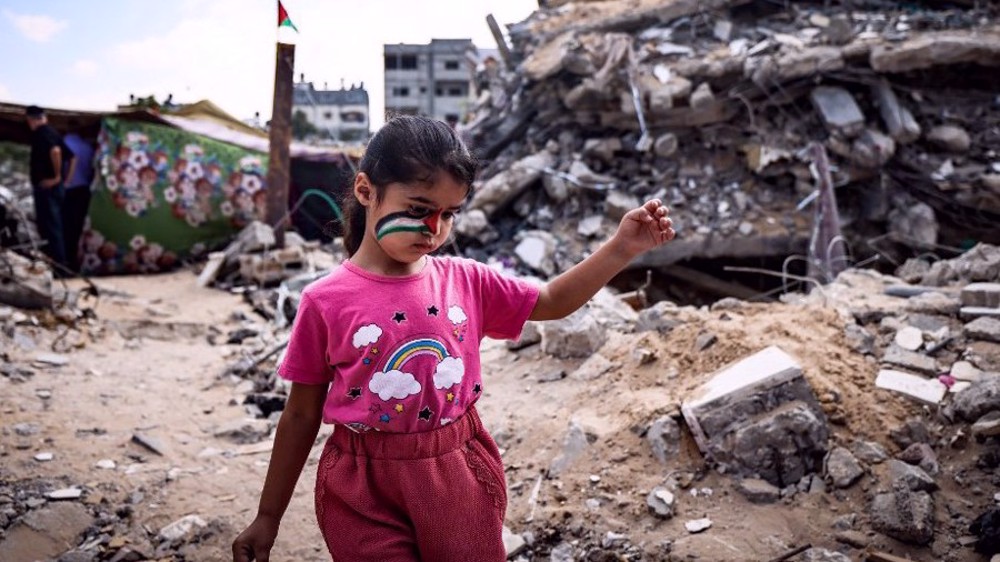
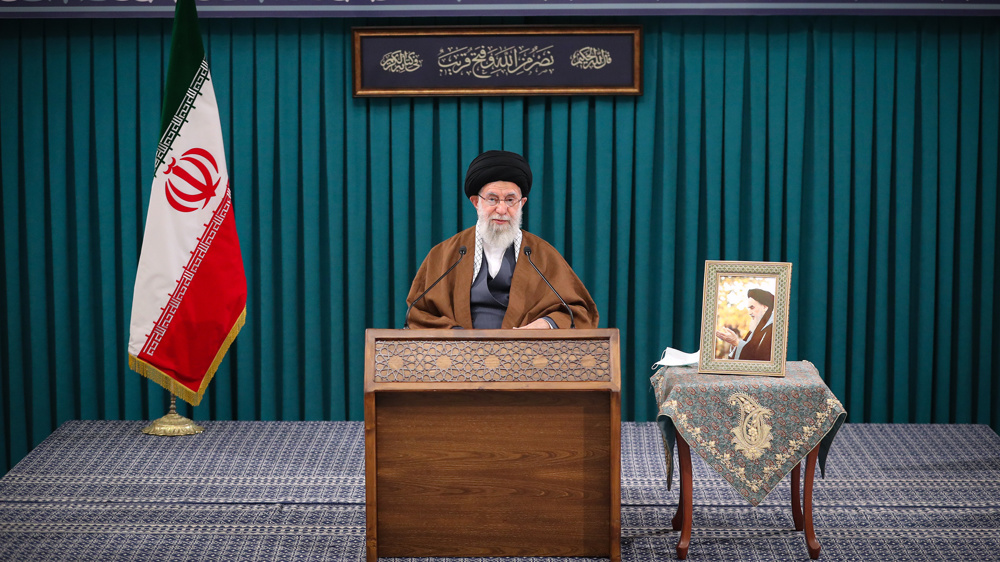

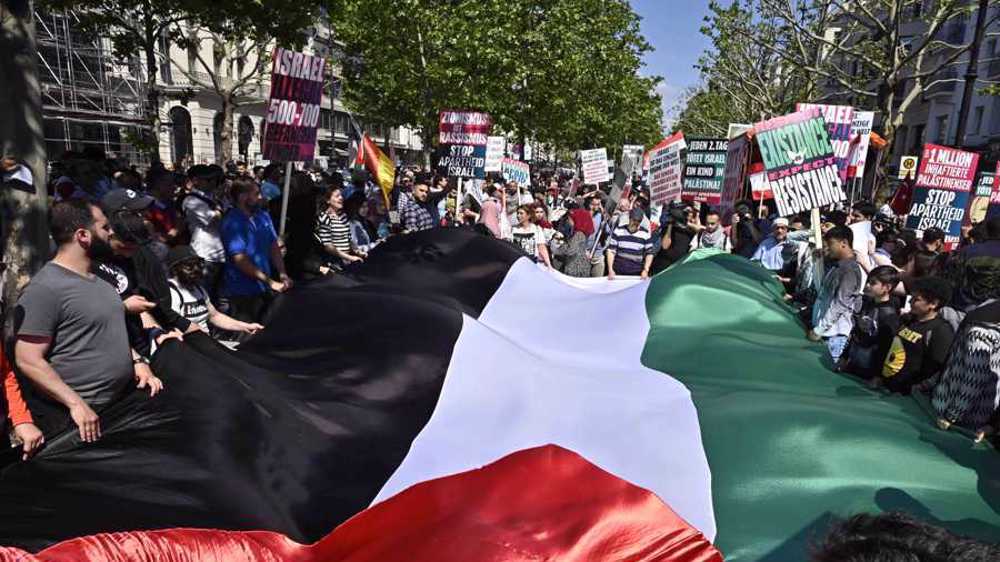

 This makes it easy to access the Press TV website
This makes it easy to access the Press TV website